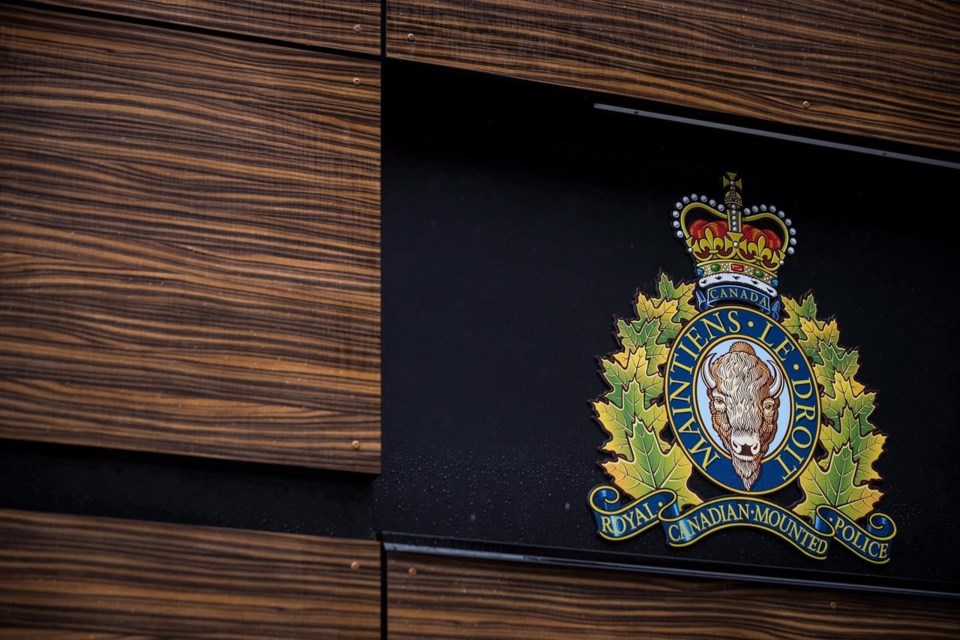VICTORIA — A committee appointed to reform British Columbia's Police Act recommends moving to a provincial police service to achieve a new vision of policing and community safety.
The special committee, comprising members of the legislature from all three parties, was established to consider reforms for independent oversight, training, funding, service delivery and other issues that would modernize law enforcement in the province.
The report tabled Thursday in the legislature says the committee was appointed amid widespread awareness of systemic racism in policing, a demand for more accountability and questions about police responses to mental health and addictions issues.
"Our report outlines a vision for policing and community safety that is rooted in decolonization, anti-racism, community and accountability," committee chairman Doug Routley, a member of the NDP government, said in the legislature.
"To achieve this vision, there will need to be major changes to the structure and delivery of police services, including provincial and regional policing, oversight, accountability for policing and community safety that is rooted in decolonization, anti-racism, community and accountability," he said.
Some of the report's 11 recommendations can be implemented quickly but others will take "many years and successive parliaments," said Routley.
"Our recommendations aim to provide police officers with the tools and support they need to ensure British Columbians have equitable access to high-quality police and community safety services in every community across the province," he said.
He said an integral component of this will be addressing systemic racism in policing and the lack of trust between people, communities and the police.
Liberal Dan Davies, the committee's deputy chairman, told the legislature that over the past year and a half, it has heard hundreds of witness statements from police agencies, social service providers, municipalities and members of the public, including those from "diverse and marginalized populations."
"The recommendations in this report are bold, very bold," said Davies.
"There are incredible challenges that we all know too well around mental health and addictions, challenges in the justice system."
There are 13 independent forces in B.C. and the RCMP polices the remainder of the province, including almost all of rural B.C.
A statement from RCMP Deputy Commissioner Dwayne McDonald, the commanding officer in B.C., said they'll take time to review the report and until that is complete, they won't speculate on next steps.
"The RCMP has a complex role in B.C. as we deliver services at the municipal, provincial and federal level," his statement said.
B.C.'s contract with the RCMP expires in 2032.
"I am very proud of the RCMP team that works incredibly hard every day to keep B.C. communities safe and secure and we remain committed to doing so," McDonald said.
Public Safety Minister Mike Farnworth said the committee's recommendations echo the government's belief that everyone deserves equal treatment by police.
"This has not always been the case for many Indigenous, Black and other people of colour," Farnworth said in a statement. "Public trust requires that the delivery of police services is fair, equitable and responsive to all British Columbians."
The government will discuss the recommendations in the coming months with Indigenous partners, community organizations, health and mental-health groups, police leadership, agencies and police oversight bodies, Farnworth said.
This report by The Canadian Press was first published April 28, 2022.
The Canadian Press



